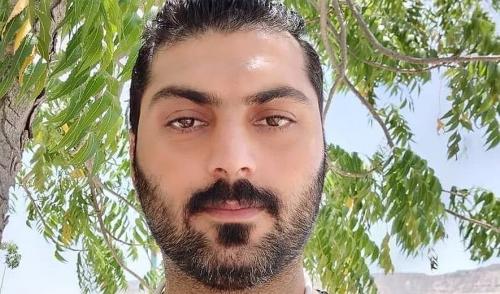15 March 2017 :
INTRODUCTION TO THE REPORT
Jean Ping
Chairperson of the African Union Commission
Many States today still retain the death penalty in their penal laws. This is a practice that has been there since time immemorial as a manifestation of the Law of Moses, which incorporated a retributive approach that was characterised as an eye for an eye and a tooth for a tooth. Unquestionably today, capital punishment is viewed by many societies and communities, States, civil society, international organizations and non-governmental organizations, to name a few, as a practice that does not quite reflect contemporary advances and realities.
All African Union Member States are parties to the African [Banjul] Charter on Human and Peoples’ Rights which came into force on 21 October 1986. In its Article 5, the Charter guarantees the right to the respect of the dignity inherent in a human being and to the recognition of his legal status. Further, it provides that all forms of exploitation and degradation particularly torture, inhuman or degrading punishment and treatment shall be prohibited. In Africa, many regard the death penalty as a violation of the protection against cruel and inhumane treatment guaranteed under Article 5 of the African Charter on Human and Peoples’ Rights. Others raise apprehension over the possibility or even probability of an innocent person being subjected to the death penalty only for them to be posthumously declared innocent.
The inadequate protection of the right to fair trial in many criminal cases sometimes leads to a guilty verdict and the execution of genuinely innocent people. Sadly, the victim will never be there to be compensated. It is for this reason that I have always believed that there cannot be any justification for taking a life, despite the due process of the law, because it will never replace the life that was taken away. This is my motivation for the modest efforts I have made at the national and continental levels as well as at the level of the United Nations.
Africa is an active partner in the global effort to eradicate the death penalty. Current statistics on the application of the death penalty on the continent shows that about 15 African States have abolished the death penalty in their penal system, about 23 other States have de facto abolished it by not carrying out executions in the past ten or more years and two of the death penalty retentionist States are observing a moratorium on executions.
These efforts are obviously laudable and demonstrative of the will of the African leaders to eradicate capital punishment on the continent. The African Union, through its specialised human rights organ, the African Commission on Human and Peoples’ Rights, has taken decisive steps in addressing the vexing issue of the death penalty. By Resolution ACHPR/Res. 42(XXVI) adopted in 1999, the African Commission on Human and Peoples’ Rights called upon African Union Member States that still maintain the death penalty to consider a moratorium on executions of the death penalty and to reflect on the possibility of abolishing the death penalty. This decision was subsequently endorsed by the Assembly of Heads of State and Government of the Organization of African Unity, the precursor organisation to the African Union.
Ten years later, the African Commission on Human and Peoples’ Rights, in expressing concern that some State Parties to the African Charter on Human and Peoples’ Rights apply the death penalty under conditions not respectful of the right to a fair trial guaranteed under the Charter and other relevant international legal instruments, to which they are party, by Resolution ACHPR/Res.136(XXXXIIII) adopted in 2008, further urged State Parties that still retain the death penalty to observe a moratorium on the execution of death sentences with a view to abolishing the death penalty in conformity with Resolutions ACHPR/Res 42 (XXVI) of the African Commission and the United Nations General Assembly Resolution 62/149 adopted in 2007.
In addition to these efforts, the African Commission on Human and Peoples’ Rights has set up a working group which met in September of last year to discuss the prospect of an additional protocol to the African Charter of Human and People’s Rights on abolition of the death penalty. Such a treaty would enable African States, which wish to do so, to use a regional piece of legislation as a tool towards total abolition and to create a movement that would attract other countries to do likewise.
It is also important at this point to laud the efforts by some judicial authorities of the African Union Member States for taking bold initiatives under the law to suspend the application of the death penalty in matters falling in their jurisdictions.
Lastly, I call upon all States particularly Member States of the African Union to consider abolishing the death penalty as a form of punishment in light of the Resolutions by the African Commission on Human and Peoples’ Rights and the United Nations General Assembly, respectively.
I commend the excellent work being done by Hands Off Cain and encourage everyone to read this excellent report.








